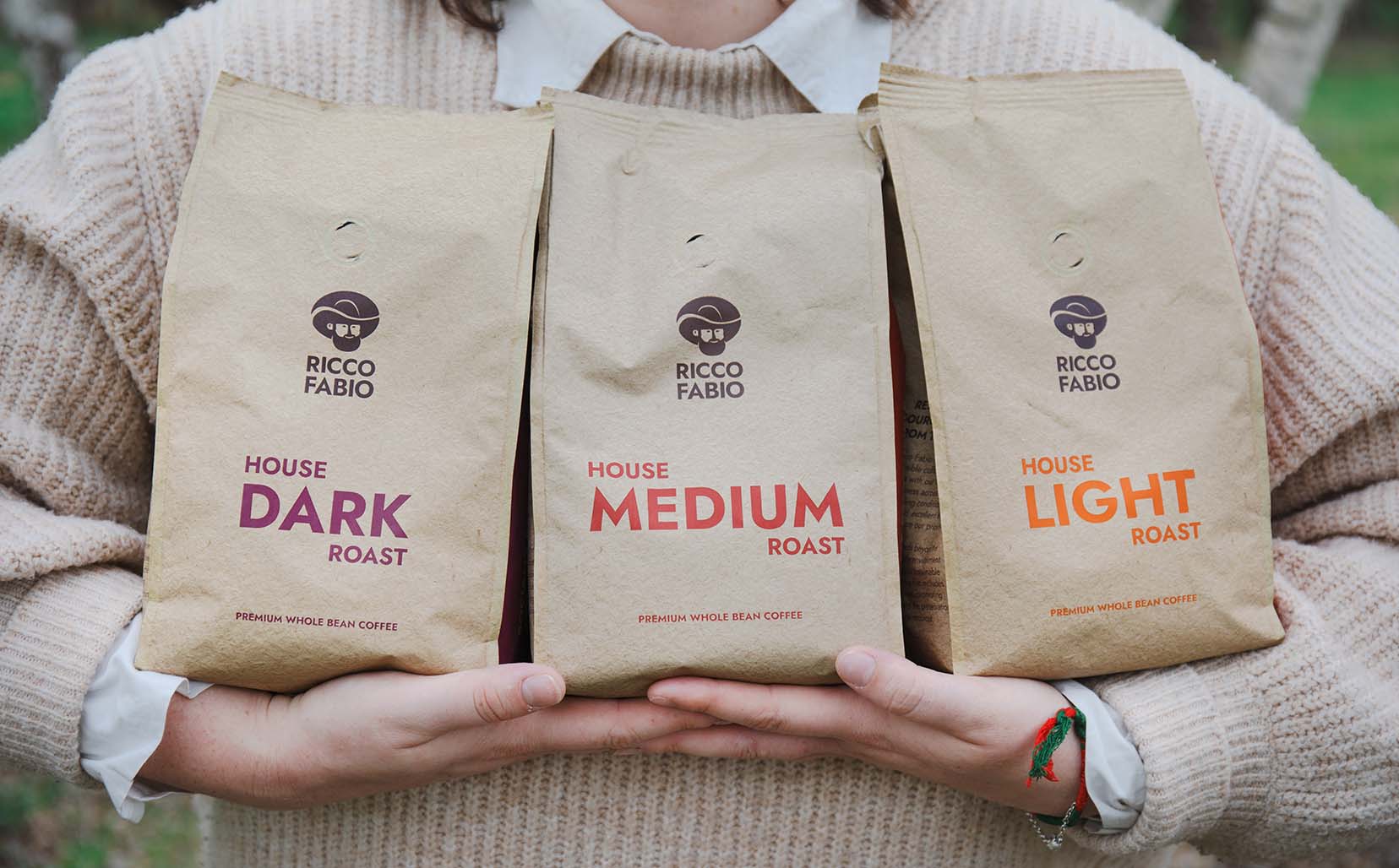Does it matter what coffee beans I use in my commercial coffee machines?
Lily Hedley | June 5, 2025 | 2 minute read

The short answer is yes.
When you invest in a commercial coffee machine, it’s not just a plug-and-play situation. Some care is required by the user to ensure the longevity of the equipment. The beans you put into your hopper play a crucial role in performance, taste and long-term reliability.
If you’re wondering if you have to use the recommended coffee beans in your office coffee machine, the answer is a definitive yes. Here’s what can go wrong if you don’t, and what you gain when you do.
The wrong beans can damage your machine
Some coffee suppliers will recommend or strongly suggest that you use their beans. This is usually for a reason…
Coffee machines, especially bean-to-cup models with built-in grinders, are finely tuned. Coffee beans behave very differently depending on the roast and quality of the coffee cherries. Beans that are too oily, too hard or poorly roasted can clog the grinder, put stress on internal parts and lead to otherwise-avoidable faults.
Most machines are calibrated and tested with specific beans, usually the supplier’s own in-house coffee. Using anything outside that spec introduces risk and often leads to performance issues over time.
You might void your warranty or service agreement
This depends on the nature of your agreement with your provider. If your grinder fails and the engineer finds you’ve been using non-approved beans, your repair might not be covered.
Some suppliers only subsidise servicing when you’re using their coffee, and in some cases, they won’t carry out repairs at all if you’ve used the wrong beans.
Always check your contract. The fine print often includes specific requirements on bean use.
The right beans keep everything running smoothly
Using the right beans doesn’t just protect your machine. It also ensures the extraction process (the brewing of the coffee) goes as it should. Proper extraction means great-tasting coffee.
As mentioned before, most coffee suppliers will configure their machines using their own coffee. So using different beans might give you a bad extraction, and therefore bad-tasting coffee.

What should I do?
- Check your contract. Look for any mention of coffee compatibility or service terms.
- Speak to your supplier. Before switching beans, ask if they’re suitable for your machine.
- If in doubt, stick to recommended blends. These are often the beans used to set up your machine in the first place, which means they’ll keep it running the way it should.
You might find these articles interesting:
How do I swap to new coffee beans?
Why is coffee so expensive in 2025?
How to create a barista-style coffee experience in the office